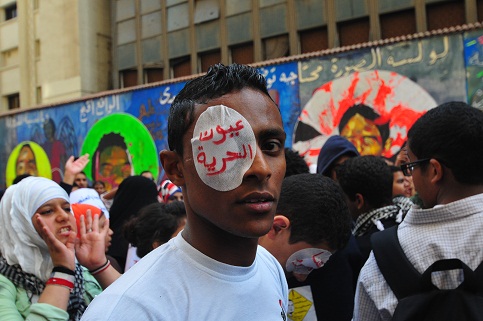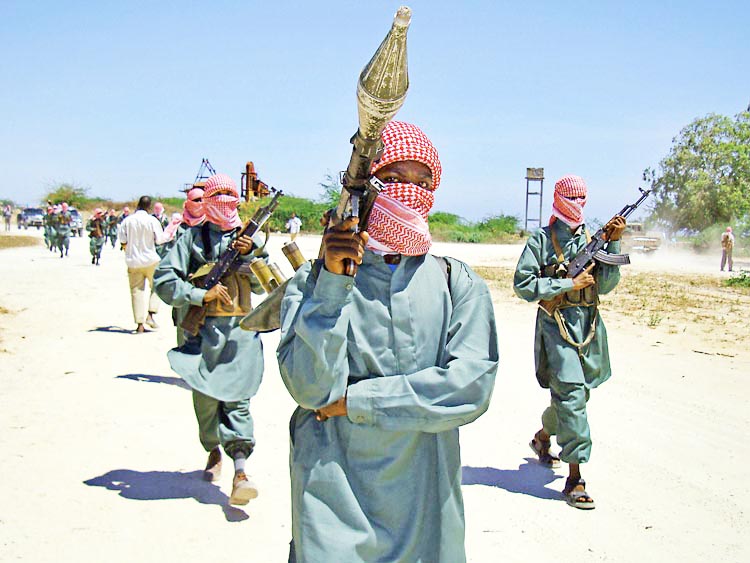ABUJA: Iran has promised cooperation in a probe of an illegal arms shipment discovered in Lagos and sent from Iran, Nigeria’s foreign minister said Friday after meeting his Iranian counterpart.
Iran’s cooperation will include granting Nigerian authorities access to an Iranian believed to have taken refuge in the Iranian embassy in Abuja, Foreign Minister Odein Ajumogobia told journalists.
"One of the individuals connected to the shipment was an Iranian national who we understand from security reports took refuge in the Iranian embassy," Ajumogobia told reporters.
He said he held "very productive" talks with Iranian Foreign Minister Manouchehr Mottaki on Thursday night in Abuja.
After the meeting, Mottaki "immediately directed that access be given to our security agencies to interview this individual who may be able to throw more light on the circumstances of the shipment, its destination and why we have the Nigerian consignee."
Security agents last month intercepted 13 containers discharged from the vessel CMA CGM Everest at the country’s busiest port of Apapa in Nigeria’s economic hub of Lagos.
Shipping firm CMA CGM said the containers had been loaded and sealed in Iran by an Iranian businessman who does not appear on an international list of prohibited traders.
CMA CGM, based in France, said the containers were loaded in Bandar Abbas, a southern port city of Iran, and discharged in Lagos in July.
But some time last month the shipper sought to have the containers reloaded and sent to Gambia, a tiny west African country wedged inside Senegal, according to the firm.
Earlier this week, Nigeria’s intelligence agency said it had been monitoring the shipment, which was disguised as building material, before it arrived in the country.
It also said the shipment’s destination was Nigeria, and "any argument that the cargo came into the country by mistake is false." The consignee and the clearing agent had been arrested, the agency said.
Illegal weapons are widespread in Nigeria, but the recent discovery led to major concerns, with elections set for early next year and following the independence day twin car bombings on October 1 that killed at least 12 people.
The country’s most prominent militant group, the Movement for the Emancipation of the Niger Delta, claimed responsibility for the car bombings, which marked the first such attack in the capital Abuja.
MEND has carried out scores of attacks and kidnappings in recent years, but mostly in the oil-producing Niger Delta region and rarely with such a high number of casualties.
The group claims to be fighting for a fairer distribution of oil revenue, but it has also been seen as an umbrella group for criminal gangs.
Elections in Nigeria have often been tainted by violence.
The car bombs exploded near where Nigerian leaders and foreign dignitaries were attending independence day commemorations, heightening fears of a bloody campaign season.


